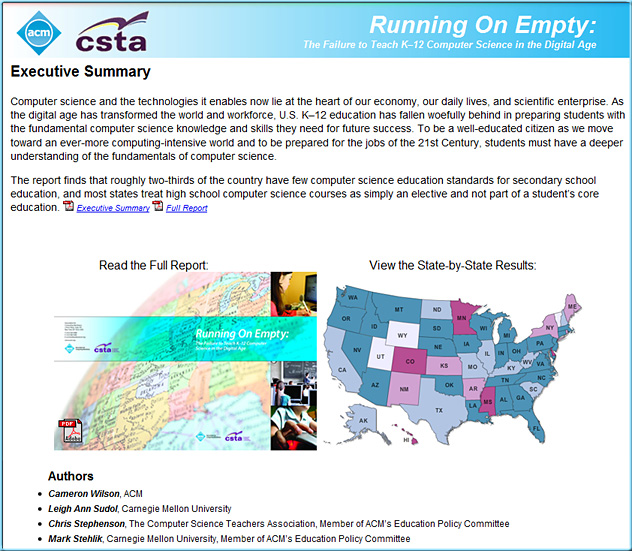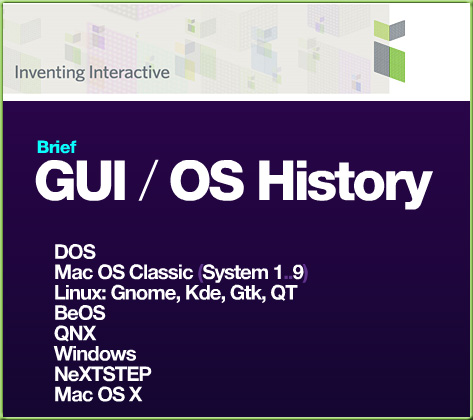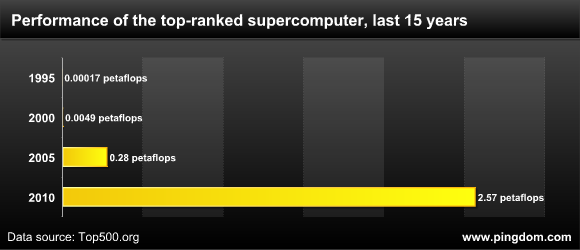The Ultimate Study Guide: Wolfram Alpha Launches “Course Assistant” Apps — from ReadWriteWeb by Audrey Watters
The computational knowledge engine Wolfram|Alpha is launching the first three of a series of new “course assistant” apps today. These apps, available for iPhone, iPod Touch, and iPad, are designed to take advantage of the Wolfram|Alpha technology in the service of supporting some of the most popular courses in high school and college.
The idea is to be able to quickly access the pertinent capabilities of Wolfram|Alpha relevant for specific subject areas. Currently, these subject areas are Algebra, Calculus, and Music Theory. But the company says it plans to add apps for other subjects – “for every major course, from elementary school to graduate school,” – including those fields outside math and science.
From DSC:
Notice the term engine (in bold maroon above). This is the type of sophisticated programming that will increasingly be baked into future learning products — as the software seeks to learn more about each learner while providing each learner with a more customized learning experience…pushing them, but aiming to encourage — not discourage — them. I can see an opt-in program where each of us can build a cloud/web-based learner profile — and allow such an engine to be “fed” that data.



















